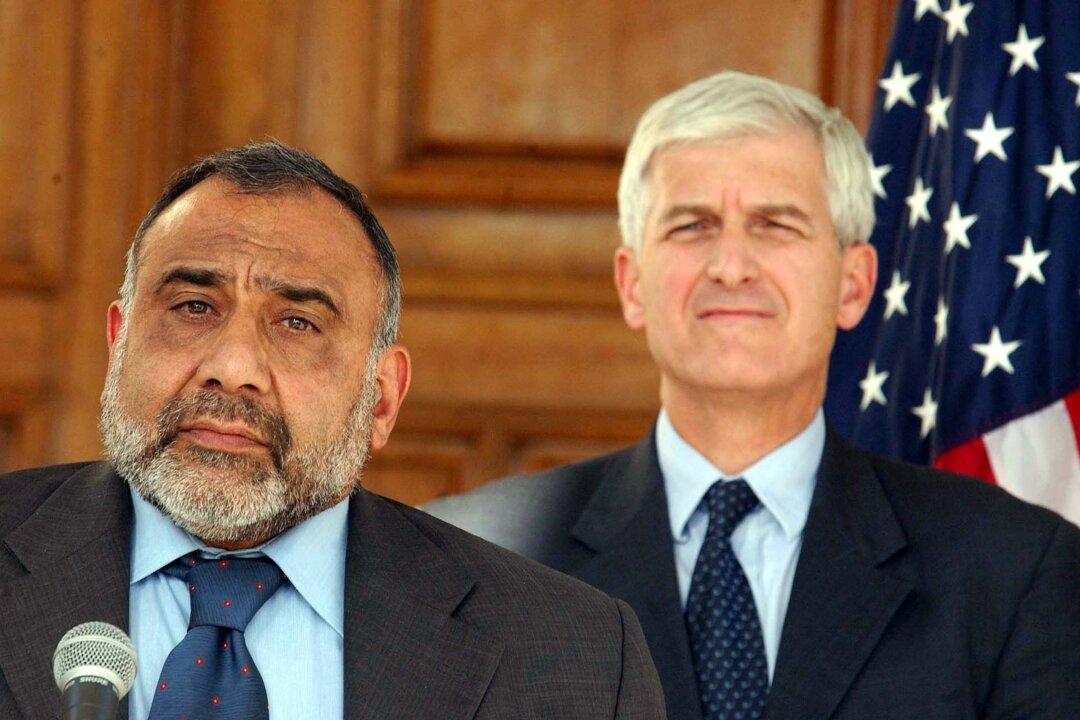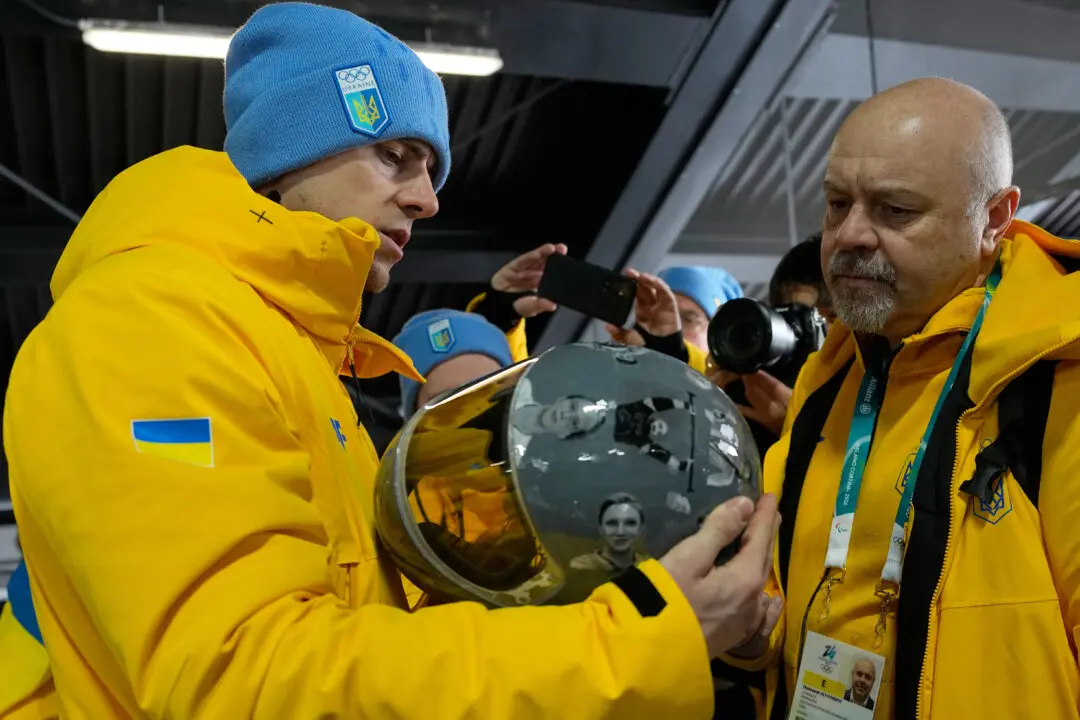BAGHDAD—Iraq’s parliament on Dec. 1 formally accepted Prime Minister Adil Abdul-Mahdi’s resignation, but the path to replacing him is clouded with legal questions that one lawmaker described as a “black hole in the constitution,” which doesn’t clearly spell out the next step.
Meanwhile, anti-government demonstrations went on in the capital, and one protester was shot dead. Demonstrators closed roads, including those leading to a major commodities port in southern Iraq. A special judicial committee was formed to investigate demonstrator deaths.





